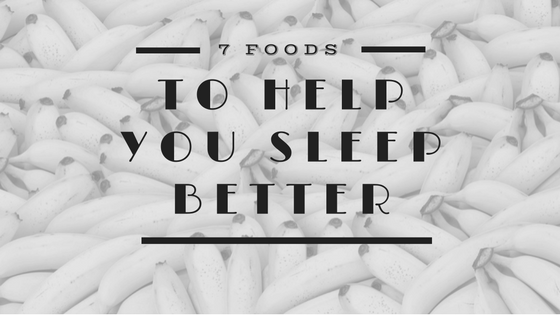
Tired and stressed? Join the club. Forty percent of Americans report having symptoms of insomnia at some point within a given year, according to the National Sleep Foundation.
It doesn't matter whether your shut-eye is being hampered by a time change, a stressful job, or some other problem in your life, being tired sucks. It can also lead to serious health problems including heart disease and depression. Before you reach for the latest prescription drug, reach for your fork; revamping your diet can go a long way towards improving your sleep quality, provided you opt for foods rich in the right sleep-inducing ingredients.
1. Fish 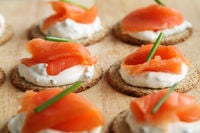
Most fish (especially salmon, halibut and tuna) boast vitamin B6, which is needed to make melatonin which is a sleep-inducing hormone triggered by darkness.
2. Yogurt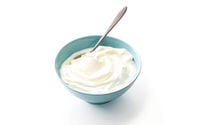
The calcium in yogurt and other dairy products will help your body de-stress, which will help you fall asleep more quickly and avoid the wandering mind when trying to get to sleep.
3. Whole Grains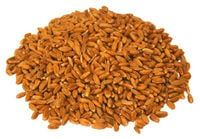
Bulgur, barley and other whole grains are rick in magnesium—and consuming too little magnesium may make it harder to stay asleep. The magnesium also can be a big help when you’re trying to relax and find a good position to fall asleep in.
4. Kale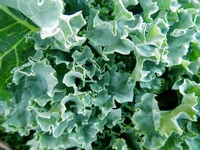
Dairy products are well-known calcium-rich foods. But green leafy vegetables, such as kale and collards, also boast healthy doses of calcium. Research suggests that being calcium deficient may make it difficult to fall asleep.
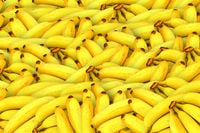
5. Bananas
Bananas help promote sleep because they contain the natural muscle-relaxants magnesium and potassium. Since they are rich in potassium they are also a good source of Vitamin B6, which is needed to make melatonin.
6. Chickpeas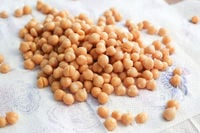
Chickpeas boast vitamin B6, which is needed to make melatonin. Chickpeas are also a good source of tryptophan, so a light lunch of hummus and whole-grain crackers (to help the tryptophan reach the brain), could be a good way to head into an afternoon nap.
7. Fortified Cereals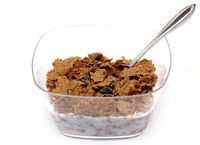
The complex carbohydrates in many cereals can increase the availability of tryptophan in the bloodstream, and fortified cereals are often a great source of vitamin B6 which is needed to make melatonin. Combine it with milk and bananas and you have your perfect bedtime snack.
Here’s the good news: Adding these foods to your diet may help to increase your odds of a successful slumber. Still tired? Take our sleep test to find out if you should be screened for Sleep Apnea.
ANCSLEEP BLOG: Good Sleep Starts Here








